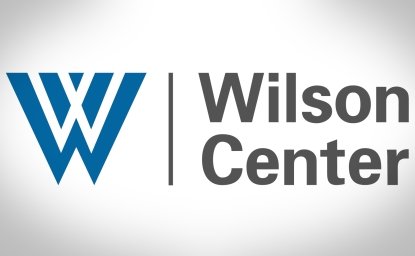Spreading Democracy Abroad
Public Policy Scholar Martin Frost discusses the little publicized successes of democratization efforts around the world.
Public Policy Scholar Martin Frost discusses the little publicized successes of democratization efforts around the world.
One subject that has been lost in the controversy over our policy in Iraq is the valuable democratization work conducted by the Bush Administration, Congress, and various NGO's in other parts of the world. In the long run, this feat is important to our allies in emerging democracies and to the United States itself in terms of creating international goodwill.
This subject came into its own in the early 1990s following the fall of the Berlin Wall. In 1990, the U.S. House of Representatives established a task force to assist the parliaments of Eastern and Central Europe in the conversion to democracy. I was honored to chair this task force, and we worked closely with the first Bush Administration and the Clinton Administration to help parliaments in nine countries: Hungary, Poland, the Czech Republic, Slovakia, Latvia, Estonia, Lithuania, Bulgaria, and Albania.
The Congressional Research Service (CRS) of the Library of Congress provided much of the technical assistance. Congress had already established the National Endowment for Democracy (NED), which provided funding for the National Democratic Institute (NDI) and the International Republican Institute (IRI) to run pro-democracy training programs in these and other countries.
The Congressional Task Force ended its involvement in 1995, but the work of NDI, IRI, and other groups still continues with promising results in many countries. The State Department recently summarized democratization work undertaken by our government in a 272-page document, "Supporting Human Rights and Democracy: The U.S. Record 2005-2006." It details U.S. efforts in 95 countries where the United States spent a total of $1.4 billion during fiscal year 2005 promoting democracy and human rights. Some of the best work in this field has occurred in the former Soviet Republics of Kyrgyzstan, Georgia, and Ukraine.
The House got back in the democratization business in 2005 by creating a bipartisan House Democracy Assistance Commission. In April, that commission brought parliamentarians from four countries—Georgia, Indonesia, East Timor, and Macedonia— to the United States for a two-week seminar, conducted in state capitals and in Washington, D.C. The Woodrow Wilson Center hosted these parliamentarians for two days during their visit to Washington.
Helping to spread democracy around the world is vital to our country's own long-term national interest. We do something worthwhile and make friends at the same time, and we demonstrate that the United States can spread democracy without doing it at the point of a gun.



